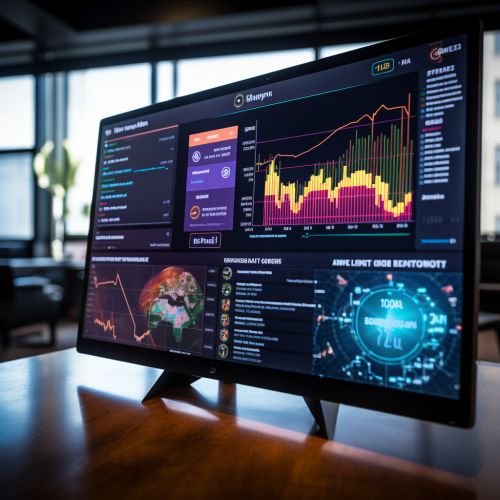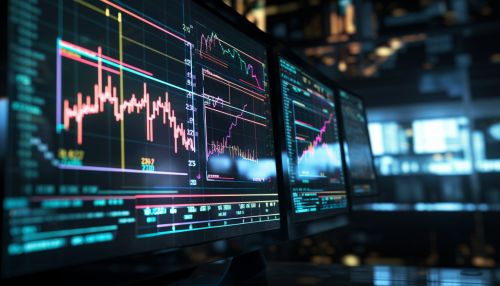Economics
Introduction
Economics is a social science that studies the production, distribution, and consumption of goods and services. It focuses on the behaviour and interactions of economic agents and how economies work. Economists analyze various economic phenomena and develop economic theories to explain economic behaviour. Economics can generally be broken down into two main branches: microeconomics, which deals with individual agents, such as households and businesses, and macroeconomics, which considers the economy as a whole.


History of Economics
The history of economics can be traced back to ancient times, with contributions from many different cultures. The term "economics" comes from the Ancient Greek words "oikos" (house) and "nomos" (custom or law), meaning the "rules of the household". The earliest economic writings date back to the ancient times, including the works of Aristotle, the Indian Arthashastra, and the writings of Confucius.
Microeconomics
Microeconomics is the study of individual economic units of an economy such as households, firms, and industries. It involves the analysis of market mechanisms, price formation, and the behaviour of firms and consumers. It also looks at how different types of markets, such as perfect competition, monopolistic competition, oligopoly, and monopoly, function.
Macroeconomics
Macroeconomics, on the other hand, is the branch of economics that studies the behaviour and performance of an economy as a whole. It focuses on the aggregate changes in the economy such as unemployment, growth rate, gross domestic product, and inflation. Macroeconomic models and their forecasts are used by governments to assist in the development and evaluation of economic policy.
Economic Models and Theories
Economic models are simplified, mathematical constructs that economists use to understand economic processes. These models can be static or dynamic and are used to understand and predict economic behaviour, to develop economic theories, and to guide economic policy decisions.
Economic Systems
An economic system is a means by which societies or governments organize and distribute available resources, services, and goods across a geographic region or country. Economic systems can be categorized into four types: traditional economies, command economies, market economies, and mixed economies.
Economic Policy
Economic policy refers to the actions that governments take in the economic field. It covers the systems for setting levels of taxation, government budgets, the money supply and interest rates as well as the labour market, national ownership, and many other areas of government interventions into the economy.
Economic Development
Economic development is the process by which a nation improves the economic, political, and social well-being of its people. It involves policies that governments undertake to improve the standard of living through the creation of jobs, the reduction of poverty, and the improvement of living conditions.
